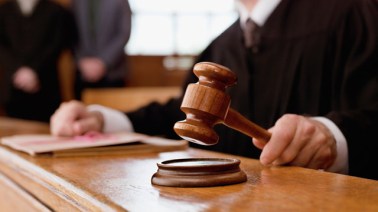Orlando, FL–Lowndes, Drosdick, Doster, Kantor & Reed, P.A. is pleased to announce that shareholder, Richard Dellinger, and appellate attorney, Jennifer R. Dixon, prevailed in defending a client appointed to serve as a receiver in proceedings brought by the Securities & Exchange Commission (the “SEC”). The SEC action involved allegations of fraud and violations of the Securities Exchange Act by a public company. In an unpublished opinion, in Securities & Exchange Commission vs. North American Clearing, Inc., the Eleventh Circuit Court of Appeals affirmed the U.S. District Court for the Middle District of Florida, which twice denied the accused’s requests to sue the receiver and the court-appointed trustee, pursuant to Barton v. Barbour, 104 U.S. 126 (1881), for acts undertaken during the SEC proceeding. The district court found, and the appellate court affirmed, that the alleged acts of the receiver were within the scope of the receiver’s authority, shielding the receiver from liability. Attorney Dellinger represented the receiver in proceedings before the district court. Attorney Dixon defended the appeal.
Noteworthy in the unpublished opinion was the Court’s determination of the standard of review for a challenge to the denial of a Barton motion—a matter of first impression in the Eleventh Circuit. Citing the Second, Third, Sixth, Seventh and Ninth Circuit Courts of Appeal, the court determined that the standard of review for such motions is abuse of discretion.
Founded in Orlando, Florida in 1969, Lowndes, Drosdick, Doster, Kantor & Reed, P.A. is a multi-practice business law firm. Our attorneys represent corporate, entrepreneurial and individual clients across a myriad of industries locally, nationally and beyond our borders, from offices in Orlando, Mount Dora and Melbourne, and through Meritas, an established global alliance of independent law firms offering local insight, local rates and world-class client service. LOCAL ROOTS. BROAD REACH.SM www.lowndes-law.com
 Breaking News: In an 8-1 decision, the Supreme Court of the United States finds that Florida’s death penalty violates the U.S. Constitution in that it takes power that should belong to juries and vests it in trial judges. Read the details
Breaking News: In an 8-1 decision, the Supreme Court of the United States finds that Florida’s death penalty violates the U.S. Constitution in that it takes power that should belong to juries and vests it in trial judges. Read the details 

